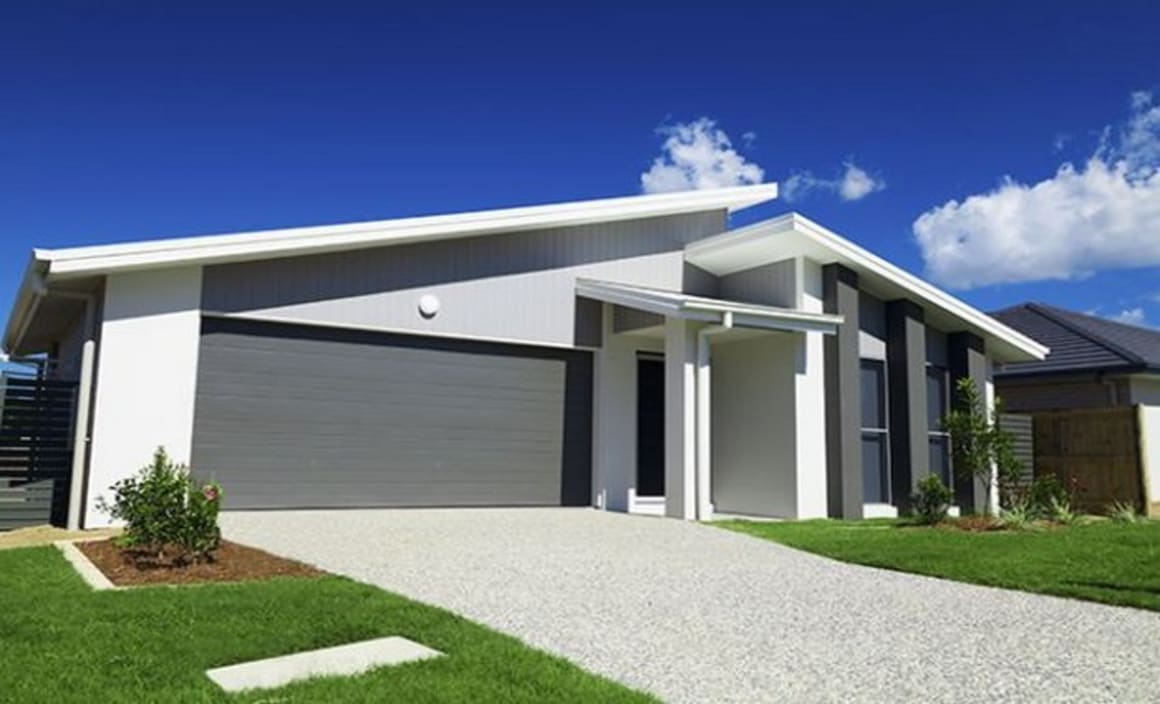Are manufactured home estates an affordable retirement housing option?

The pressure of Australia’s ageing population and growing desire for affordability calls for an investigation into the diversity of housing options such as Manufactured Home Estates (MHEs), according to PRD Nationwide.
Aged care and retirement villages are the two more common accommodation choices, whilst Manufactured Home Estates (MHEs) are less recognised.
PRD Nationwide define MHEs as a house like structure that are traditionally designed to be moved, not permanently attached to land (pictured).
However, in recent years there has been a move towards more luxurious and permanent structures.
MHEs are found in purpose-built parks, made up of manufactured homes exclusively, and are often targeted to the over-50s age group.
These homes are managed/owned by a park owner. A resident can purchase the house structure but not the land.
MHEs may offer a more affordable alternative with remarkable investment benefits in a highly demand driven market. However, there is a lack of industry information available.
As a result PRD Nationwide is launching a research project of which the primary aim is to determine the affordability of MHEs, the possible benefits, and potential problems of MHEs for both residents, developers and operators.
The secondary aim is to establish avenues for future research to encourage more exposure on this alternative accommodation solution.
The average listing price of MHEs in the South East Queensland (SEQ) region was $338,178, which is lower than the median house prices in Queensland metro areas such as Brisbane, Gold Coast and Sunshine Coast.
This suggests that MHEs can address some affordability issues and accommodate certain demographics of the retired population. The lower to middle wealth retirees can achieve this by selling their home and purchasing a MHE.
This will allow them to have sufficient cash left over to afford a comfortable lifestyle. However PRD found some major challenges in the MHE industry relating to:
- The availability of suitable and affordable land
- Determining what to provide and for who
- Keeping up with demand
- Providing a higher level of care
Based on MHE property listings in SEQ (Table 1), a buyer of an older MHE could pay as little as $110,000, yet newer MHEs are being sold for as much as $650,000 or up to $1,050,000.
They found, "the change in pricing can be explained through the introduction of recreation facilities around the MHE, as well as more luxurious fit-out within the MHE itself."
"Furthermore there is a higher tendency from the 50+ aged group to downsize from their current homes to a more lifestyle orientated MHE, as opposed to choosing a traditional aged care home with limited options."
"This suggests that MHEs are moving away from their traditional purpose as an affordable option for retirees and are now becoming a highly sought-after product for wealthier buyers and part-time workers."
"Premium MHEs are typically located in well serviced areas, have pleasant scenery, and modern facilities."
"That said, the average price of MHEs remain relatively low when compared to houses within their locality, indicating that there are still affordable MHE options available in SEQ," PRD stated.
PRD argues there are a number of reasons to pursue MHE's as an avenue for retirees ranging from:
Retirees not having to ‘break the bank’ or sacrificing their wealth.
Architects, designers, developers and sales agents will have a new line of products to create and sell.
The construction of new and/or improved MHEs will increase labour demand for builders.
Investors and MHE site/park owners will benefit from a high yielding market that has solid and consistent cash flows.
MHE’s could soften pressures on governments as their need for funding the ageing populations’ needs relaxes, allowing them to re-direct their budget into other sectors such as education, infrastructure development, and others.
"The progression of this industry can be accomplished by wielding all the valuable stakeholders with a deeper understanding of the benefits of MHEs as a retirement housing option. This will improve the decision-making practices for buyers and investors; and help to maintain sufficient, appropriate and adequate housing solutions for the ageing and retired," PRD concluded.